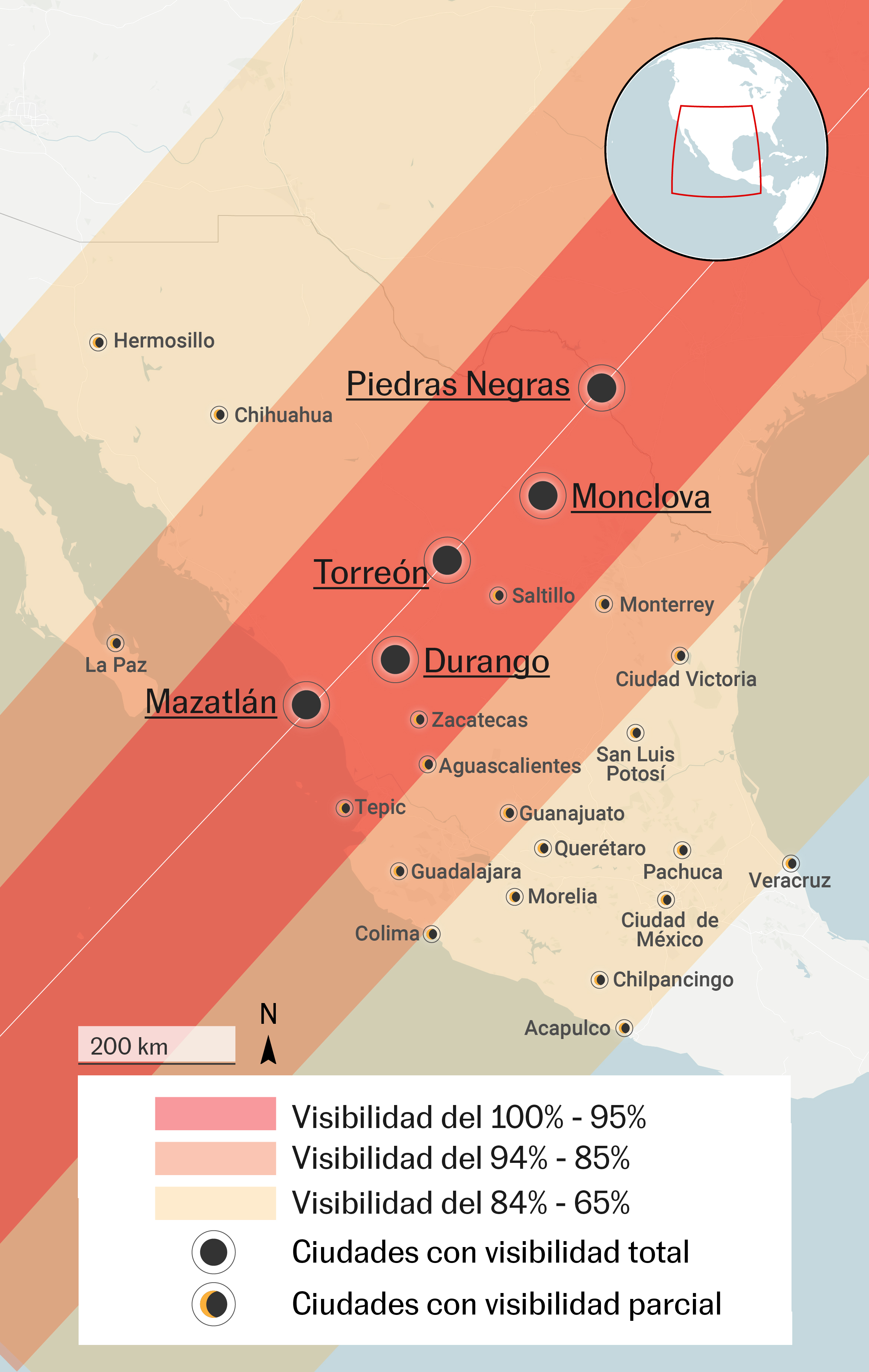The Role Of Algorithms In Radicalization: Investigating Mass Shooter Cases

Table of Contents
The Echo Chamber Effect and Algorithm-Driven Radicalization
Personalized algorithms are at the heart of the problem. They create filter bubbles, reinforcing existing biases and exposing users to extremist content, ultimately creating a breeding ground for violence.
Filter Bubbles and Personalized Content
Social media platforms like Facebook, YouTube, and Twitter utilize sophisticated algorithms to personalize user experiences. These algorithms prioritize engagement, often prioritizing sensational and extreme content over factual and nuanced information. Recommendation systems play a crucial role in this process, suggesting increasingly radical content based on a user's past activity.
- Examples: Facebook's newsfeed algorithm, YouTube's recommendation engine, Twitter's trending topics.
- Mechanism: These algorithms prioritize engagement metrics (likes, shares, comments), leading to the amplification of emotionally charged, often extreme, viewpoints.
- Consequence: Users are increasingly exposed to a skewed representation of reality, reinforcing their existing beliefs and making them more susceptible to radicalization.
Algorithmic Amplification of Hate Speech
Algorithms can inadvertently, and sometimes intentionally, amplify hate speech and conspiracy theories, creating a snowball effect that leads to radicalization.
- Examples: The rapid spread of misinformation and conspiracy theories related to mass shootings, the use of hashtags to organize and promote extremist views.
- Challenges: Content moderation struggles to keep pace with the volume and sophistication of hate speech online. The algorithms themselves can be exploited to promote violent content.
- Consequences: The constant exposure to hateful rhetoric desensitizes users and normalizes violence, creating a fertile ground for extremist ideologies to take root.
Online Communities and the Role of Algorithms in Fostering Group Polarization
Algorithms play a critical role in the formation and growth of online communities dedicated to extremist ideologies, creating echo chambers where radical beliefs are amplified and reinforced.
Formation of Online Extremist Groups
Algorithms facilitate the formation and expansion of online communities by connecting like-minded individuals.
- Examples: Online forums, social media groups, and encrypted messaging apps used by extremist groups.
- Mechanism: Algorithms identify users with similar interests and preferences, connecting them to groups and individuals sharing extremist views. This fosters a sense of community and belonging, strengthening radicalization.
- Consequences: These online communities become echo chambers, reinforcing existing biases and preventing exposure to alternative perspectives.
Algorithmic Reinforcement of Extremist Beliefs
Within these online communities, algorithms further reinforce extremist beliefs through constant exposure to similar viewpoints.
- Examples: The algorithmic promotion of extremist content within these groups, the creation of echo chambers where dissenting opinions are suppressed.
- Mechanism: Feedback loops within these online communities strengthen radical beliefs. Users are constantly exposed to similar viewpoints, creating a confirmation bias that solidifies their convictions.
- Consequences: Leaving these online communities becomes increasingly difficult, as users become isolated from alternative perspectives and increasingly entrenched in their radical beliefs.
Case Studies: Examining the Role of Algorithms in Specific Mass Shooter Cases
Analyzing the online activity of mass shooters reveals a disturbing pattern: many were exposed to extremist content through algorithms. (Note: We will avoid naming specific individuals to avoid glorifying violence.)
Analyzing Online Activity
Research has shown a correlation between exposure to extremist content online and the radicalization of individuals who commit mass violence. While causation isn't always directly provable, patterns are emerging.
- Examples: (General examples are used to protect anonymity, focusing only on publicly available information and trends). Studies have shown increased exposure to violent content and conspiracy theories before acts of violence.
- Mechanism: Algorithms played a role in their exposure to this content, personalizing their feeds to prioritize extremist viewpoints.
- Consequences: This exposure contributed to the normalization of violence and the development of extremist ideologies.
Lessons Learned from Case Studies
Several case studies reveal commonalities in the role of algorithms in radicalization, but further investigation is needed.
- Key Takeaways: While not all individuals exposed to extremist content online commit violence, the correlation warrants serious concern.
- Limitations: Current research faces challenges in accessing private data and establishing direct causal links between algorithm exposure and violence.
- Need for Further Investigation: Further research is needed to understand the complex interplay between algorithms, online radicalization, and acts of violence.
Conclusion
Understanding the complex interplay between algorithms and mass shootings is crucial. This article has highlighted how echo chambers, algorithmic amplification, and the formation of online extremist communities contribute to the radicalization process. The case studies examined further underscore the need for improved algorithm design, effective content moderation, and increased transparency from tech companies. By demanding greater accountability and supporting research in this critical area, we can work towards preventing future tragedies fueled by online radicalization. Let's proactively address the issue of algorithms and mass shootings and advocate for safer online environments.

Featured Posts
-
 Deutsche Bank Depositary Receipts Virtual Investor Conference Live Webcasts On May 15 2025
May 30, 2025
Deutsche Bank Depositary Receipts Virtual Investor Conference Live Webcasts On May 15 2025
May 30, 2025 -
 Des Moines Shooting Incident Middle School Track Meet Postponed
May 30, 2025
Des Moines Shooting Incident Middle School Track Meet Postponed
May 30, 2025 -
 Optakt Til Danmark Portugal Kampanalyse Og Forventninger
May 30, 2025
Optakt Til Danmark Portugal Kampanalyse Og Forventninger
May 30, 2025 -
 Noticias Ticketmaster Incidencias Y Soluciones 8 De Abril
May 30, 2025
Noticias Ticketmaster Incidencias Y Soluciones 8 De Abril
May 30, 2025 -
 Virginia Loses Millions Illegal Vehicle Registrations From Maryland Drivers
May 30, 2025
Virginia Loses Millions Illegal Vehicle Registrations From Maryland Drivers
May 30, 2025
Latest Posts
-
 Election Day Forecast Northeast Ohio To See Showers
May 31, 2025
Election Day Forecast Northeast Ohio To See Showers
May 31, 2025 -
 Tracking Power Outages Latest Statistics For Northeast Ohio
May 31, 2025
Tracking Power Outages Latest Statistics For Northeast Ohio
May 31, 2025 -
 Northeast Ohio Power Outages Real Time Updates And Restoration Times
May 31, 2025
Northeast Ohio Power Outages Real Time Updates And Restoration Times
May 31, 2025 -
 Former Fox19 Meteorologist Takes Part Time Cleveland Job
May 31, 2025
Former Fox19 Meteorologist Takes Part Time Cleveland Job
May 31, 2025 -
 Strong Thunderstorms Target Northeast Ohio Impacts And Safety Advice
May 31, 2025
Strong Thunderstorms Target Northeast Ohio Impacts And Safety Advice
May 31, 2025
